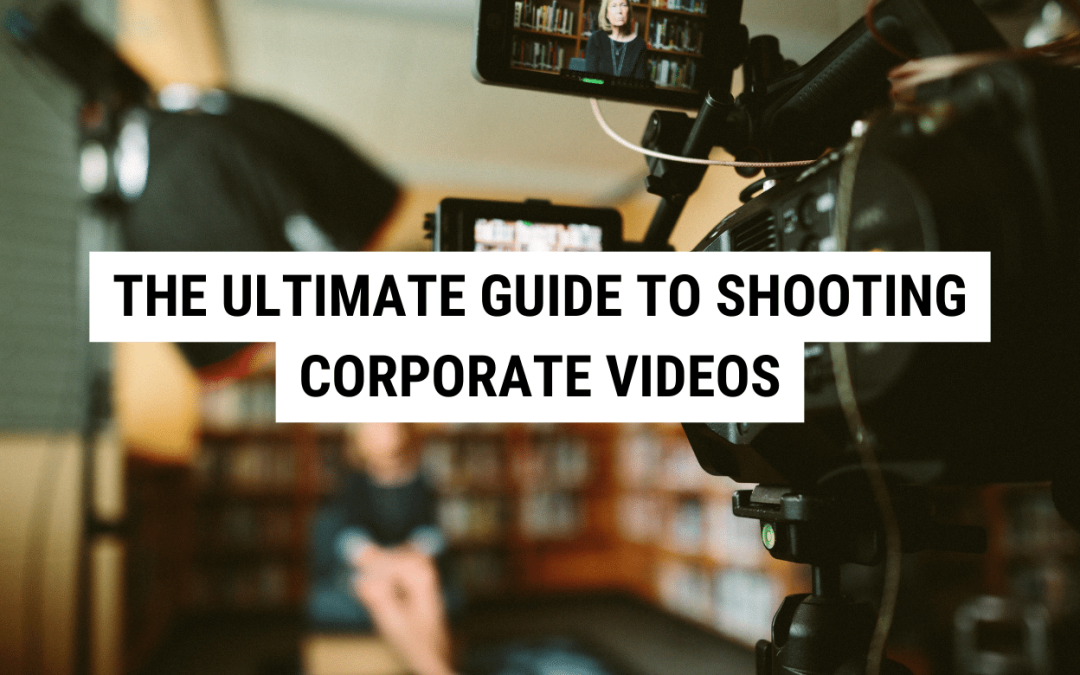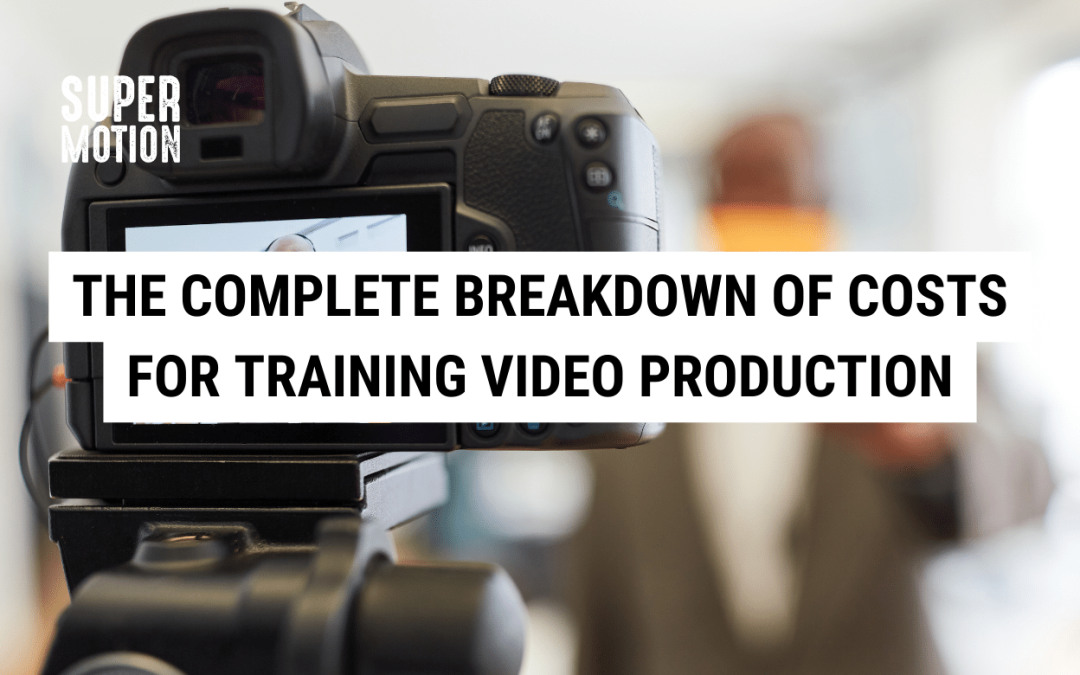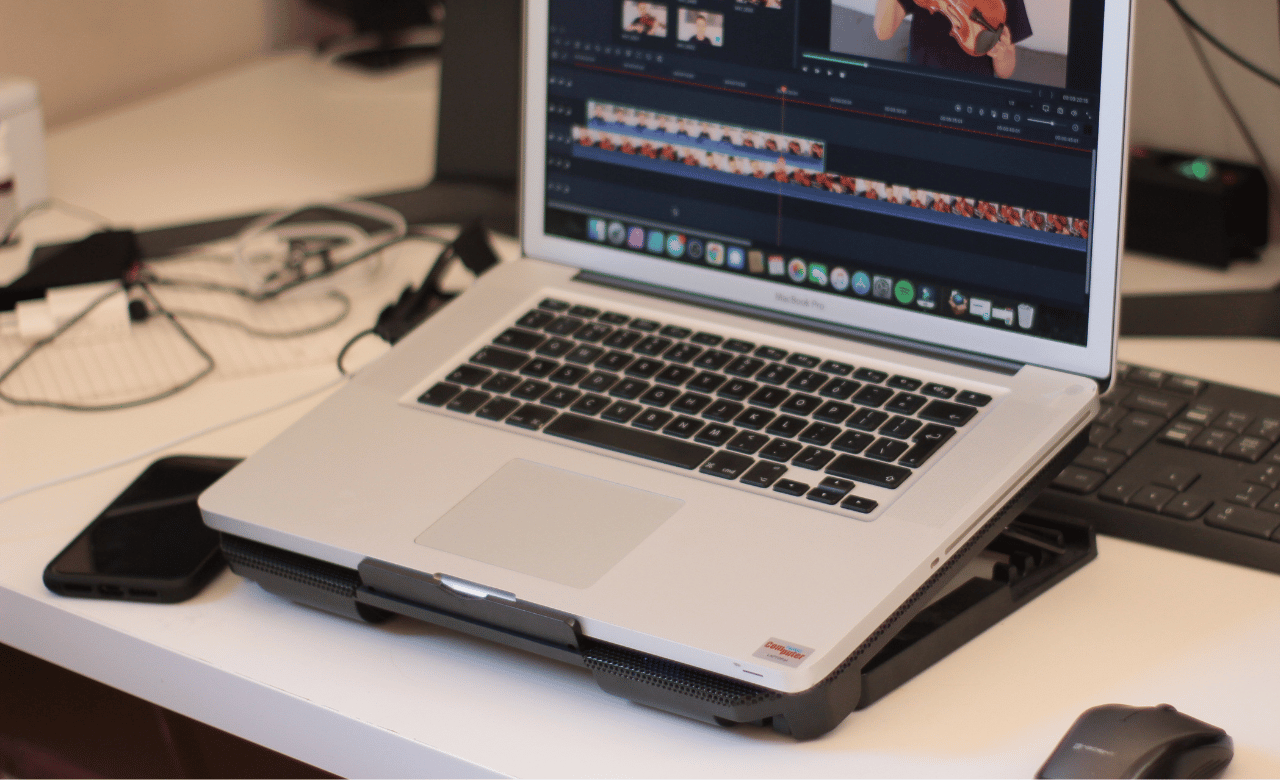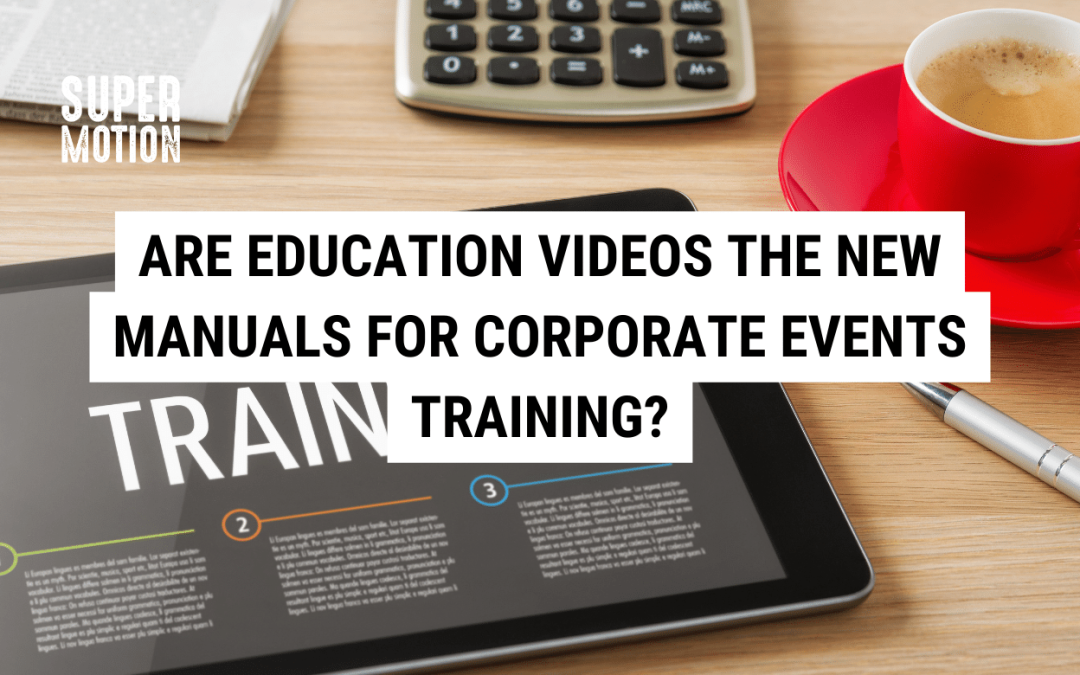
The Ultimate Guide to Shooting Corporate Videos
Video content has become the undisputed king in the realm of digital marketing, and for Corporate Events, it is the crown jewel. A well-crafted corporate video is not just an avenue for businesses to showcase their products and services, but a powerful tool for storytelling, branding, and engagement. For Marketing Managers and Corporate Events Planners, mastering the art of producing a top-quality corporate video can be the game-changer.
In this comprehensive guide, you will learn the necessary steps to shoot an impressive corporate video that resonates with your audience and serves your marketing strategy. Whether you’re launching a product, documenting a Corporate Event, or setting up an internal communication, this guide has you covered from planning to distribution.
The Power of Pre-production Planning
Preparation is key. Before the cameras start rolling, it’s essential to have a clear plan of action. This begins with pre-production—scripting, storyboarding, and setting objectives.
Outlining Your Corporate Video
Start by defining the purpose of your video. What do you want it to achieve? Are you aiming to increase brand awareness, educate your audience, or drive sales?
Crafting the Script
Your script is the narrative backbone of your video. Start by writing a compelling introduction that hooks your viewers. Ensure each line connects to your goals and reflects your brand voice. Remember, less is often more, keep your language precise and engaging. Include a call to action that guides viewers on the next steps.

Storyboarding for Visual Clarity
Transforming your script into a visual representation aids in planning every shot. Even a simple stick-figure storyboard can effectively communicate shot types, camera angles, and transitions.
Setting Objectives and KPIs
Identify what success looks like for this video. Is it a certain number of views, social shares, or an increase in website traffic? These objectives will inform the rest of your planning, content, and marketing strategies.
Equipment Selection: Honing Your Corporate Look
Choosing the right equipment is paramount in lending professionalism to your video production.
Camera Choice
For a corporate setting, a prosumer-grade camera, or a high-quality DSLR with 4K capabilities could be suitable. These cameras offer superior image quality and the flexibility needed for different lighting conditions.
Lighting for Clarity and Ambiance
Well-lit shots project a sense of vibrancy and cleanliness that align with the corporate aesthetic. Invest in professional LED lights and diffusers to minimise harsh shadows.
Audio Quality
Poor audio can detract from even the most visually stunning video. A lavalier or shotgun microphone can be used for interviews and voiceovers, to ensure clear, professional sound.

Interviewing in a Corporate Context
Conducting interviews in your corporate video is an opportunity to build trust and provide insights.
Crafting Open-ended Questions
Prepare your questions in advance, focusing on topics that convey the story you want to tell. Open-ended questions invite interviewees to elaborate, which often leads to more compelling content.
Creating a Comfortable Environment
Make your interviewees feel at ease. Help them understand the process and be clear about your expectations. This open environment will contribute to more natural delivery and a better final product.
Timing and Reflection
Control the pace of your interview to have enough content with meaningful insight within a time frame. This will save you time in editing and will be a respectful use of your guest’s time.
Brand Consistency: Keeping Your Video on Message
Your corporate video must remain true to your brand’s voice and visual style.
Defining Brand Guidelines
Adhere to your brand’s colour palette, font choices, tone of voice, and overall aesthetic. This solidifies brand recognition and trust among your audience.

Showcasing Company Culture
Integrate aspects of your company culture throughout the video. This can include showing your team at work, highlighting company values, and demonstrating how your product or service contributes to the community or industry.
Capturing Quality B-roll for Depth
B-roll enhances your video with additional visuals that support your story and add intrigue.
Planning B-roll Shots
Incorporate a variety of shots, including close-ups, wide angles, action shots, and location-specific content. This will provide your video editor with ample material for creative storytelling.
Shooting with Editing in Mind
Anticipate the editing process as you shoot. Gather transition shots, different perspectives, and visual elements that can be used to reinforce your message.
Editing Best Practices: Shaping the Narrative
Post-production is the stage where all elements come together to create a seamless corporate video.
Crafting a Compelling Story
Edit your footage to tell a clear and engaging story. Start with a strong opening, follow with a narrative that captivates, and end with a memorable close that encourages action.
Enhancing with Music and Graphics
Carefully select music that complements the tone of your video without overshadowing your message. Incorporate motion graphics to display statistics, key messages, and company information.
Professional Colour Grading
Colour grading can set the mood of your video. Use professional tools to ensure consistency and give your video a polished look.
Legal Considerations: Do No Harm
Before you produce or distribute your corporate video, ensure you have all the necessary legal permissions.
Music, People, Places
Only use copyright-free or properly licensed music. For footage involving people or private venues, obtain signed releases to guard against any issues.
Ready, Set, Distribute
With your corporate video ready, it’s time to share it with the world on the right platforms.
Choosing Distribution Channels
Select platforms that align with your audience’s viewing habits. This may include your website, social media, or video hosting platforms like YouTube or Vimeo.

Optimising for Search
Include relevant keywords in your video’s title, description, and tags for improved search engine visibility. This practice ensures your video reaches those looking for the content you offer.
Analysing Analytics
Monitor video engagement metrics such as view counts, watch times, and social shares. These indicators provide insights into your audience’s behaviour and the effectiveness of your content.
Final Thoughts and the Next Step
Effective corporate videos require planning, the right approach, and attention to detail. By following the steps outlined above, you’ll be well on your way to creating video content that resonates with your audience.
Ready to take your corporate video content to the next level? Book a free 30-minute strategy call with Super Motion. Our video experts can provide tailored advice to ensure your corporate video is a sizzling success.
Remember, the best corporate videos not only look and sound good; they also tell a story that connects with your audience, enhances your brand, and achieves your marketing goals.

















Recent Comments